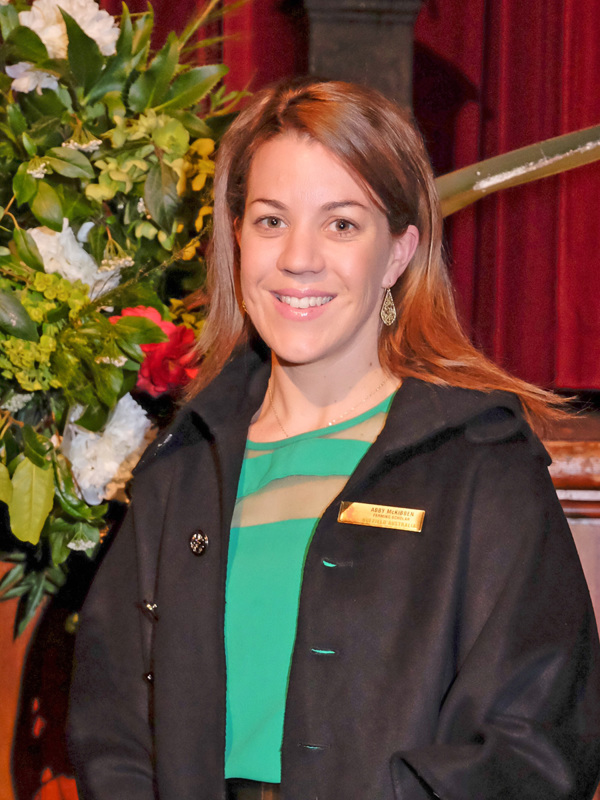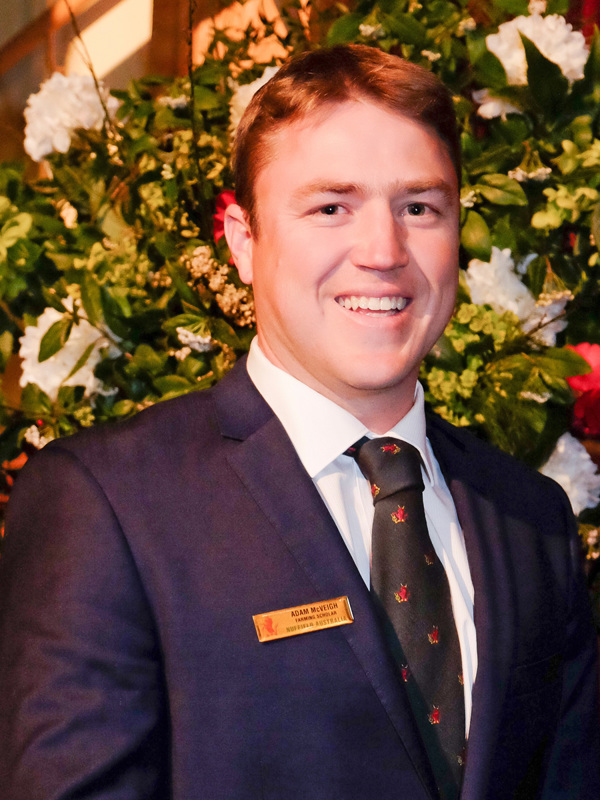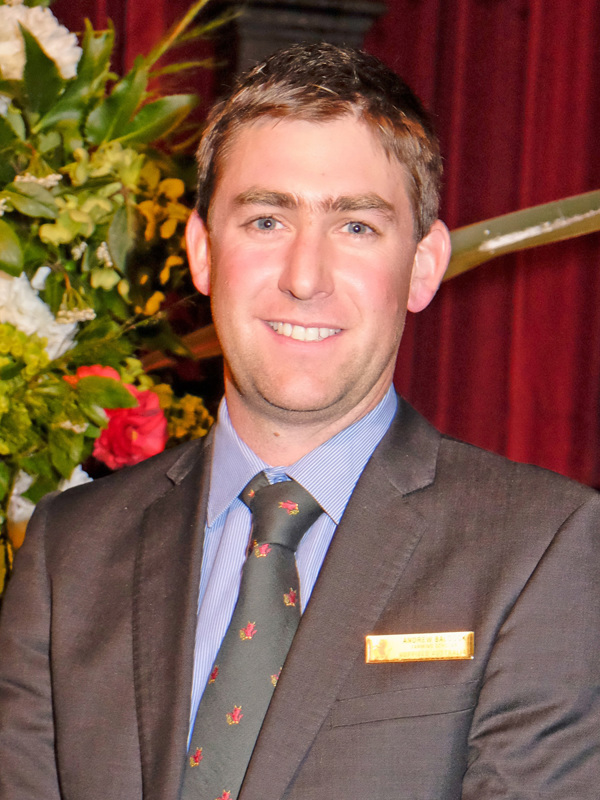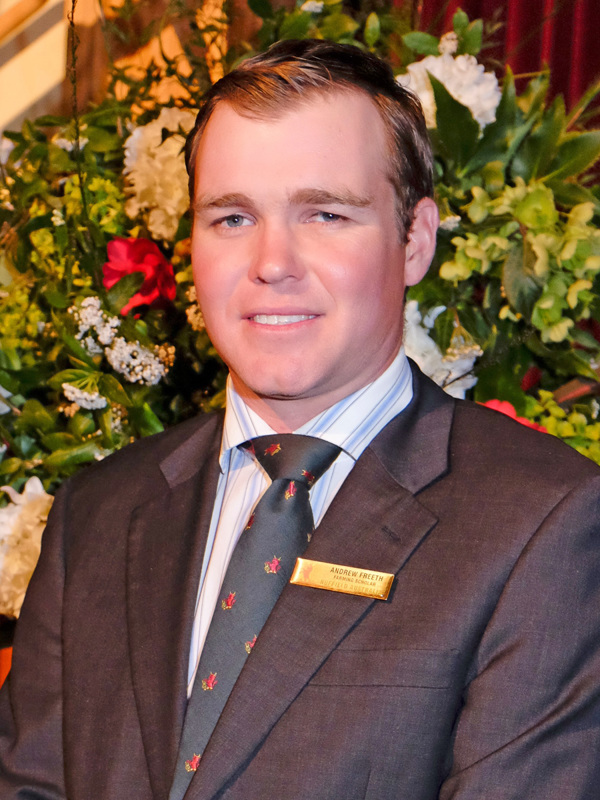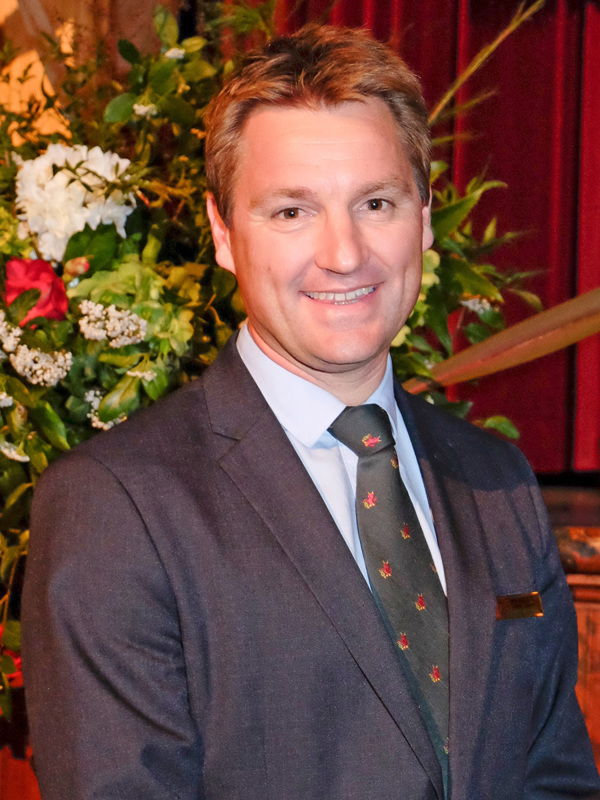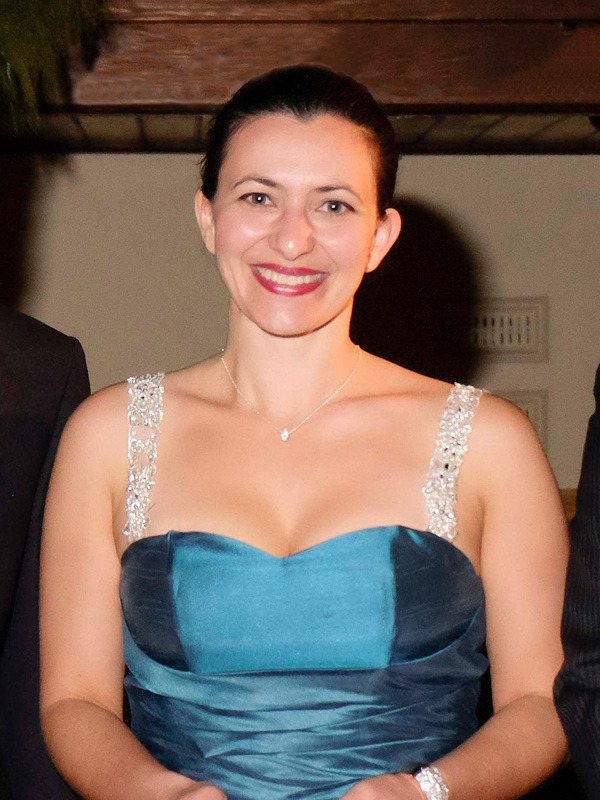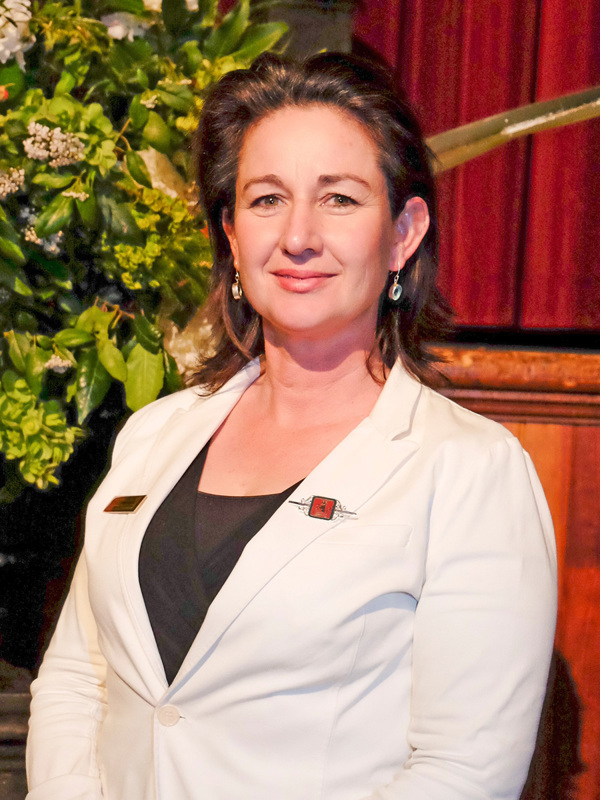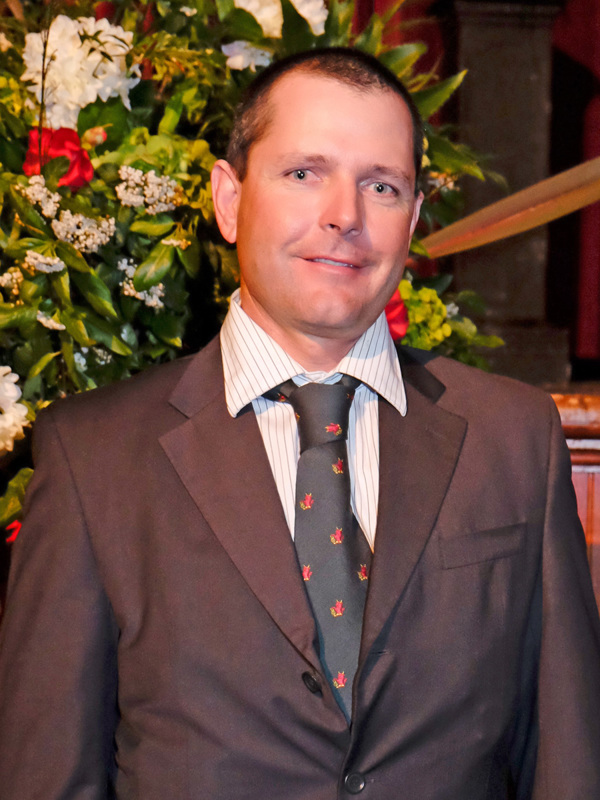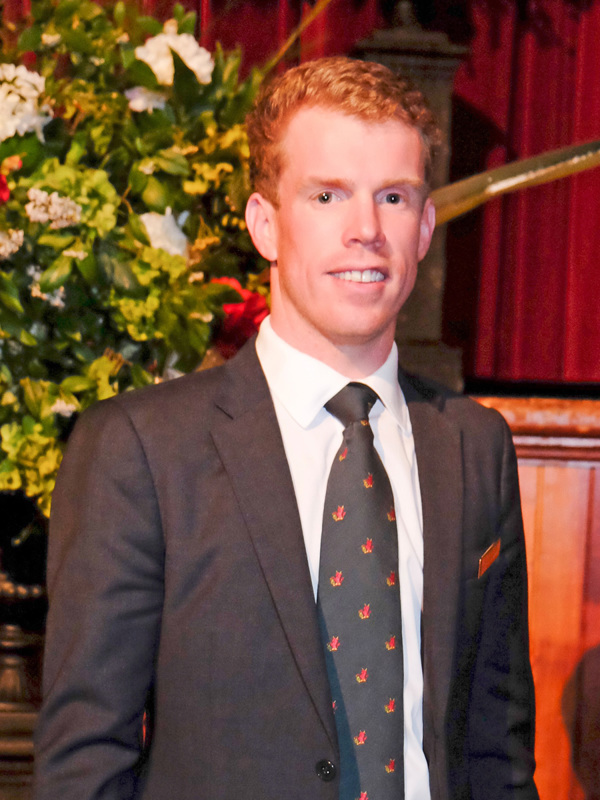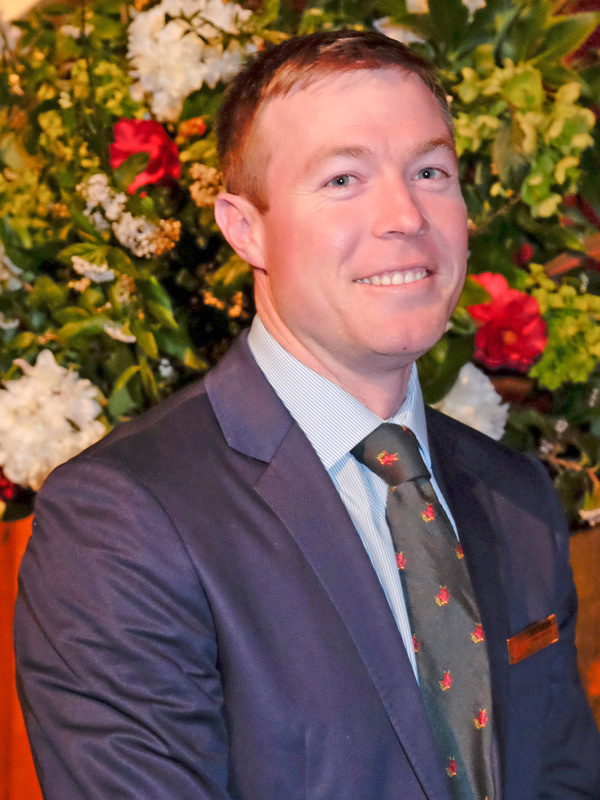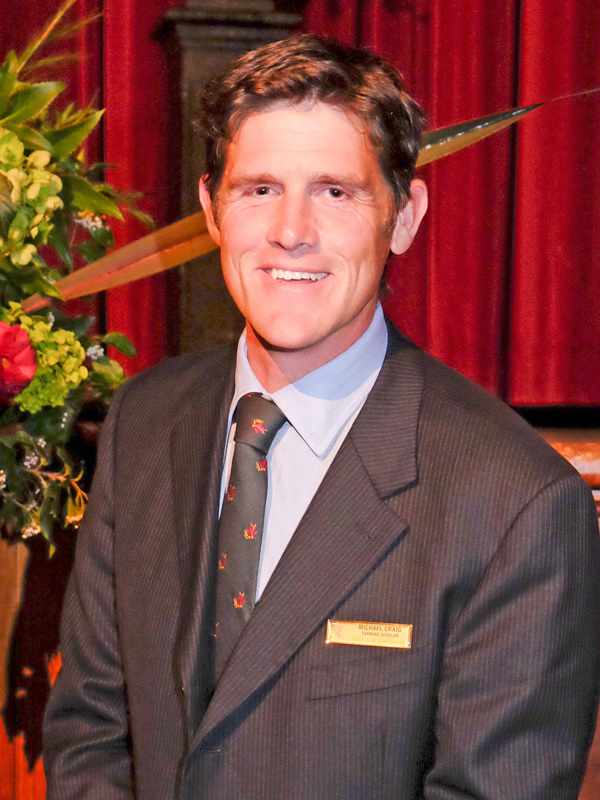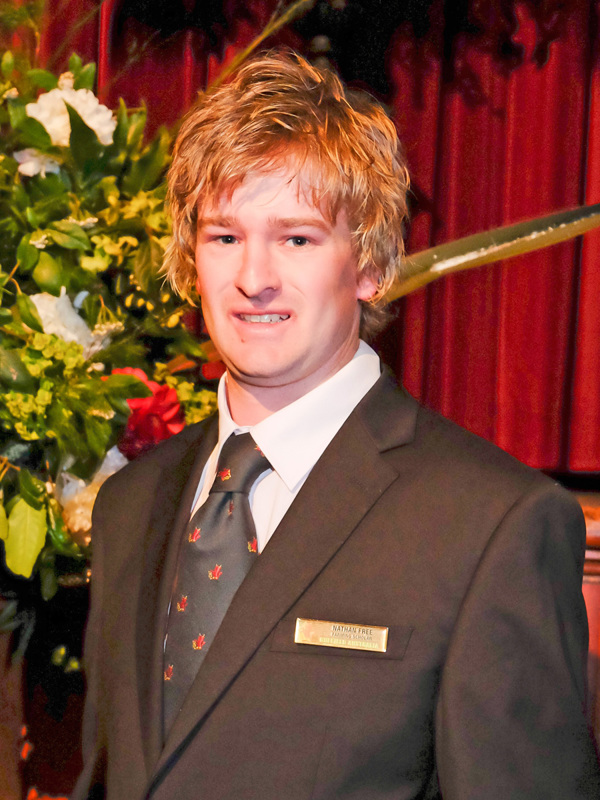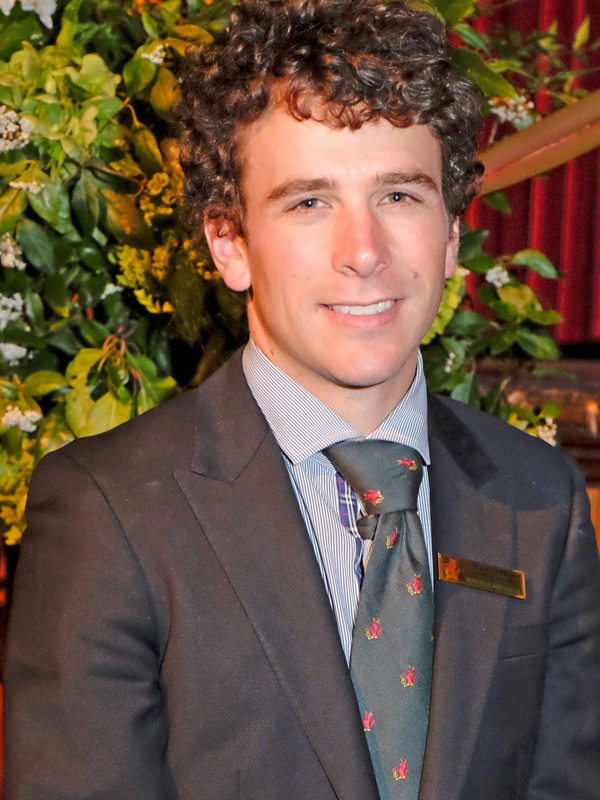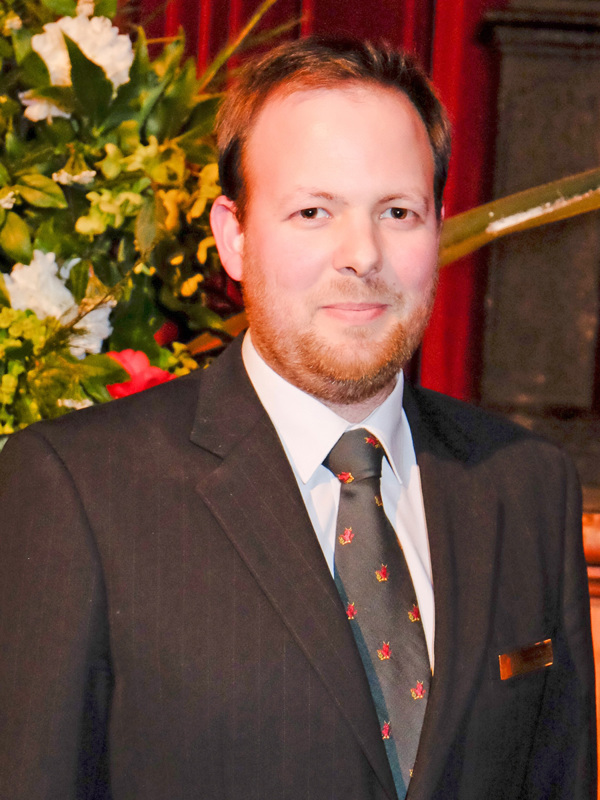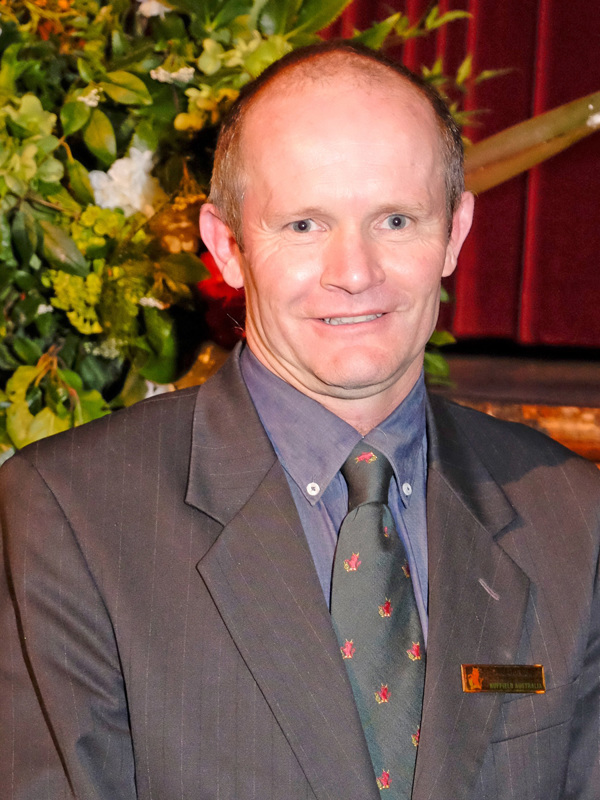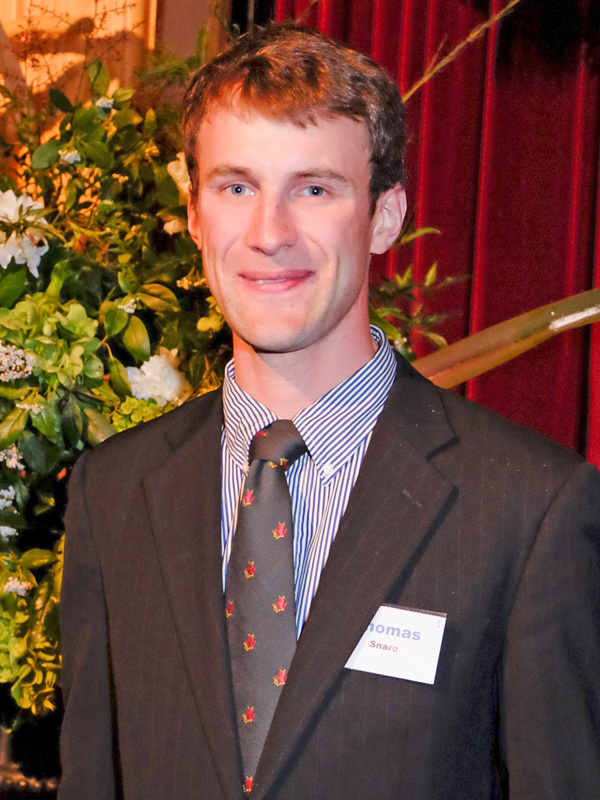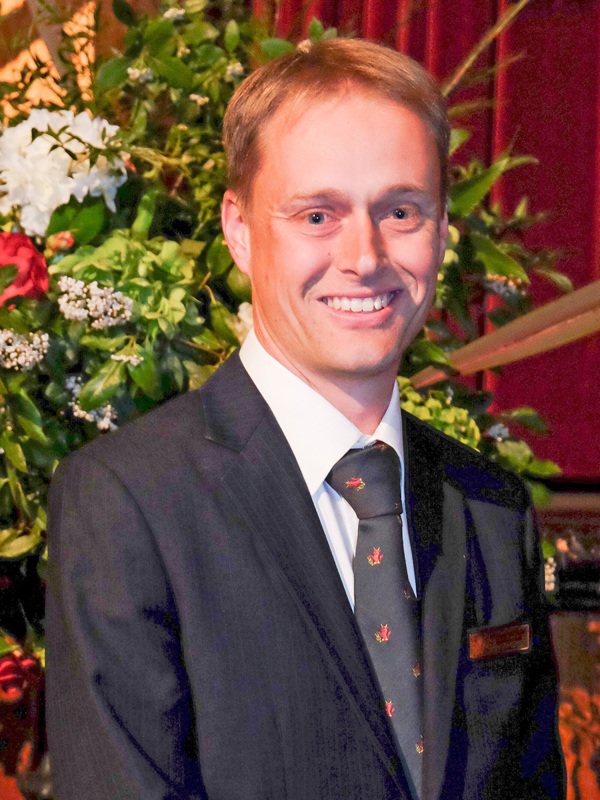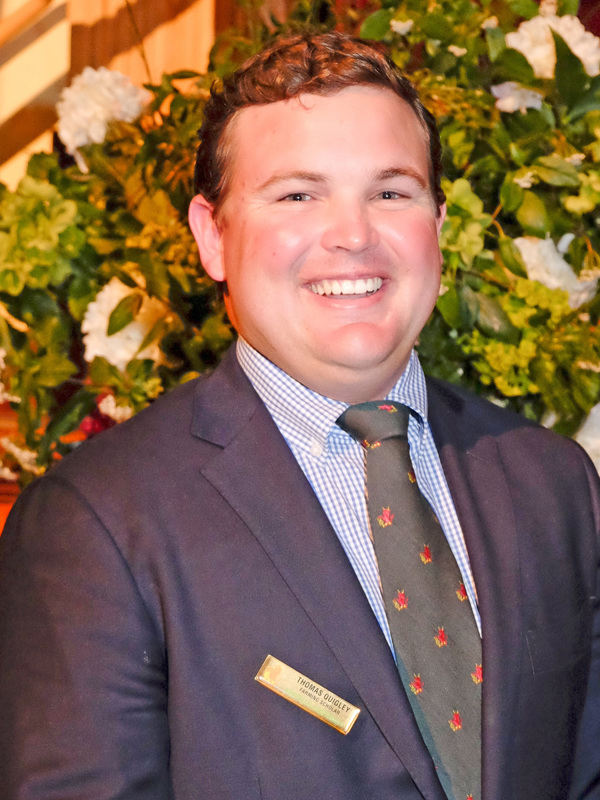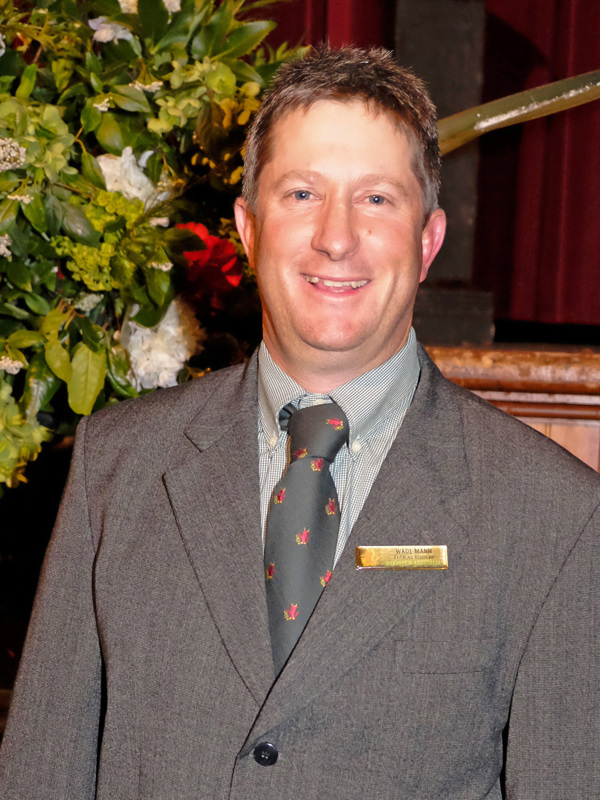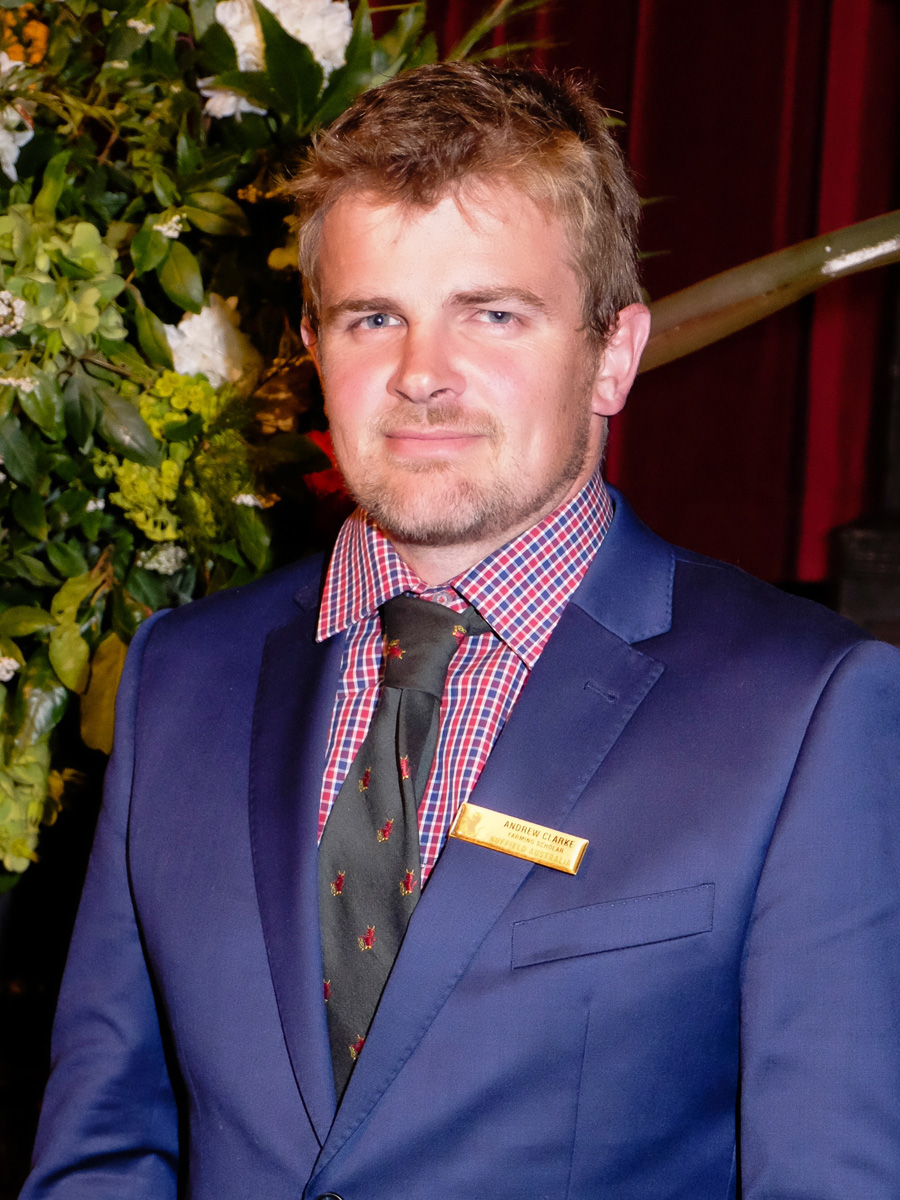
Andrew Clarke

Nuffield Australia 2015 Scholar
Digging deeper: the surprising sociology of soil management
The key to enhancing the sustainability and productivity of Australia’s established vineyards lies in better soil management through an approach that involves people as much as it does plants, soil composition and farming techniques.
That’s the view of Victorian viticulturist and 2015 Nuffield Scholar Andy Clarke, who was motivated to research approaches to soil management after experiencing first-hand the impacts of increasingly extreme climatic conditions on his work as a viticulturist at the well-known Yering Station in Victoria.
“It’s my job to grow and deliver grapes to the winery in the best possible condition. Events like the mid-2000s drought, extreme heat in 2009 and prolonged rainfall in 2011 all played a part in shaping the final wine in the bottle. While we can’t control these events, we do know that resilient soils can help mitigate the risks they pose, and I was keen to better understand how we can build the health and resilience of soils in established vineyards,” Mr Clarke said.
With support from Wine Australia, Mr Clarke initially set out on his Nuffield research to focus on efficient uses of subsoil in vineyards. However, his project quickly expanded when experiences in France, Spain, Germany, Ireland and North America made it clear to him that soil science is as much about the people as it is about the dirt itself.
“Meeting soil scientists in the USA and France, it quickly dawned on me that a major limiting factor in soil management was often the way people, as custodians of the land, manage the varied ecosystems in their vineyards, which is crucial and influences the long-term structure of soils. Despite the importance, many custodians are under financial and time pressure and it’s not always easy to prioritise the development and exploration of available industry networks and learning resources. However, often the best improvements aren’t the most expensive, needing only a change in mindset,” he said.
On his Nuffield journey, Mr Clarke unearthed the value of a collaborative industry approach, and was particularly encouraged by an encounter with Frédéric Thomas, a French farmer and champion of conservation agriculture, who hosts grower field days to share his research and learnings about soil management in an authentic way that cuts through to an often conservative audience.
“Farmers are often quick to adopt a ‘once bitten, twice shy’ mentality that sees them abandon alternative methods prematurely, or revert to conservative approaches to soil management. Hearing first-hand from people like Frédéric and other peers, helps to understand that improvement is often a lengthy process and there can be setbacks along the way. As an industry, it’s vital that we are as quick to share our failures as we are our successes. If we get better at collaborative learning and sharing, and highlighting the values of sustainable production through demonstrations, field walks and mentoring programs, then we all stand to benefit.
“It is incumbent upon us, as an industry, to open up the lines of communication and learn from each other. If we do this, I think we will find it helps beyond just soil management, and drives improvement across the board from production, to processing, to marketing. Developing a productive and healthy vineyard is a long-term process and it must be matched by long-term thinking. If we can achieve this, we will be better positioned to have healthy, environmentally and financially sustainable vineyards for generations to come,” Mr Clarke said.
